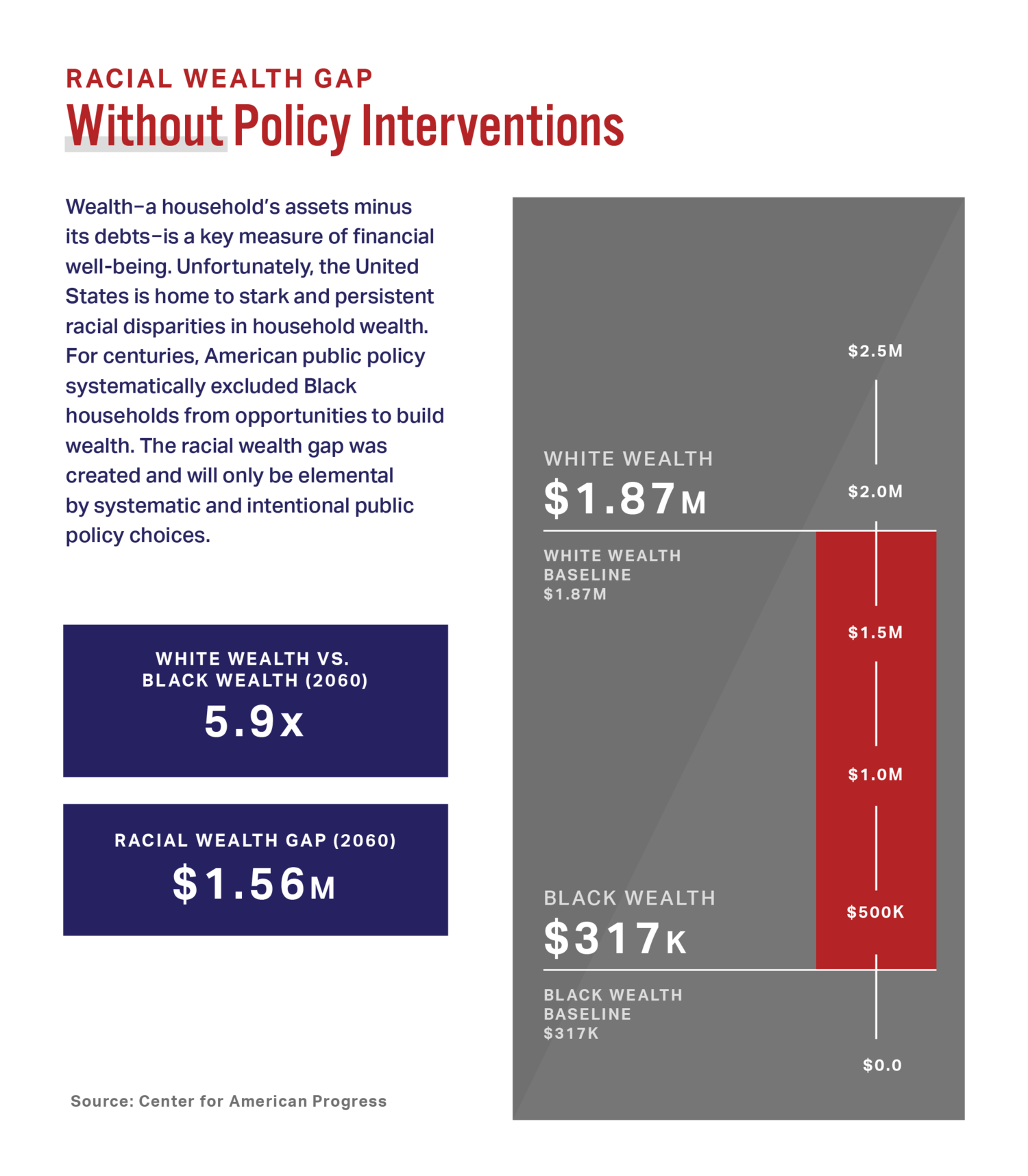COVID-19 Resilience
Building Longer-Term Community Resilience Through Equity
Disparities thrown into sharper relief by this crisis deserve long-term solutions, not short-term patches. If we are to meet this moment in our country’s history with courage and conviction, we must begin making bold, innovative and systemic change for the generation we are educating now and those that come behind them. According to the U.S. Census Bureau, less than half of all children are non-Hispanic white. The major demographic changes on the horizon undoubtedly require us to focus on racial and economic equity.
To move communities in the South toward longer-term resilience, E Pluribus Unum supports bold policy to:
-
Close racial wealth and income gaps;
-
Expand healthcare access and affordability;
-
Expand economic supports for low-income working families;
-
Fight disparate environmental impacts in low-income communities; and,
-
Permanently reduce jail populations.

